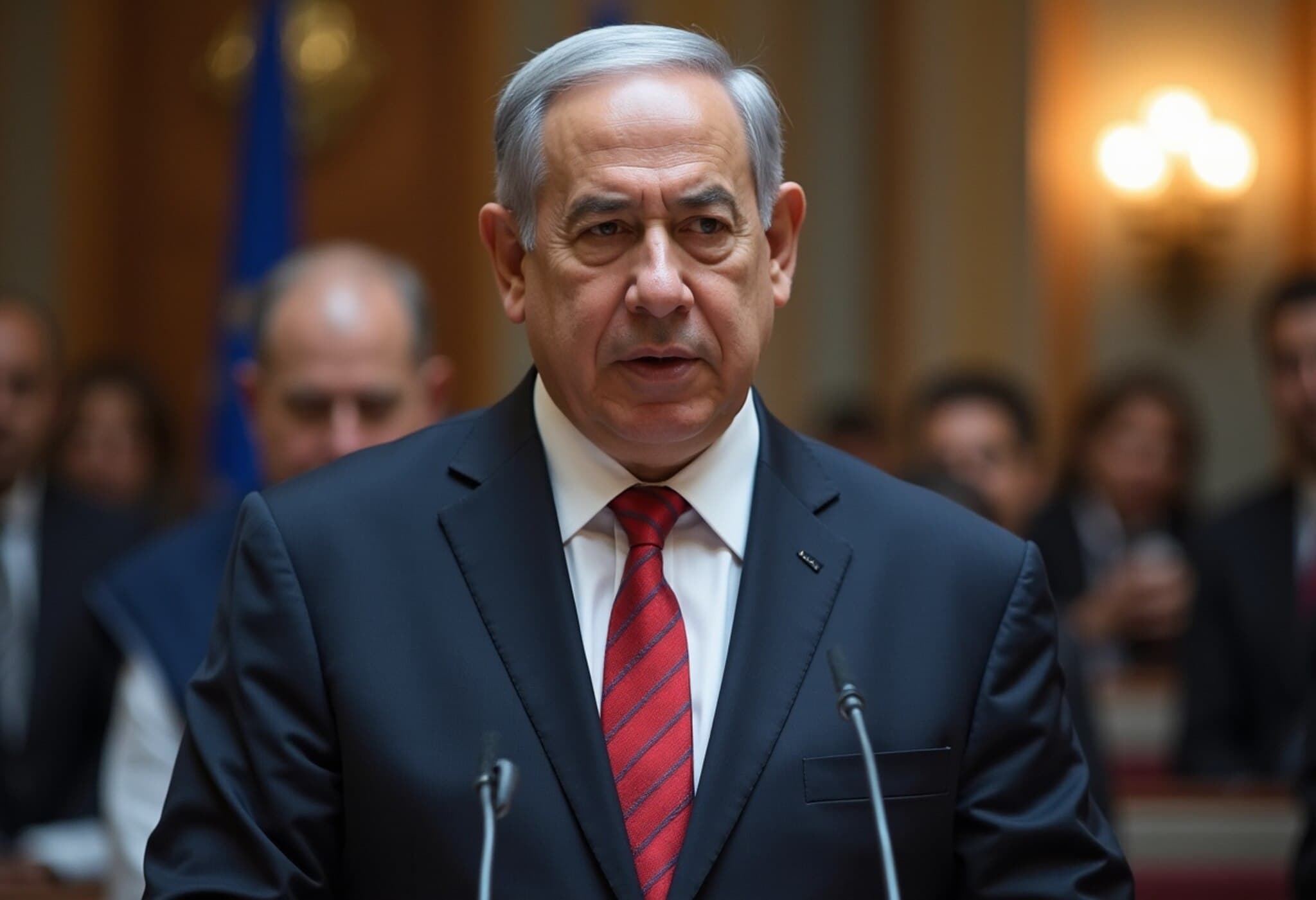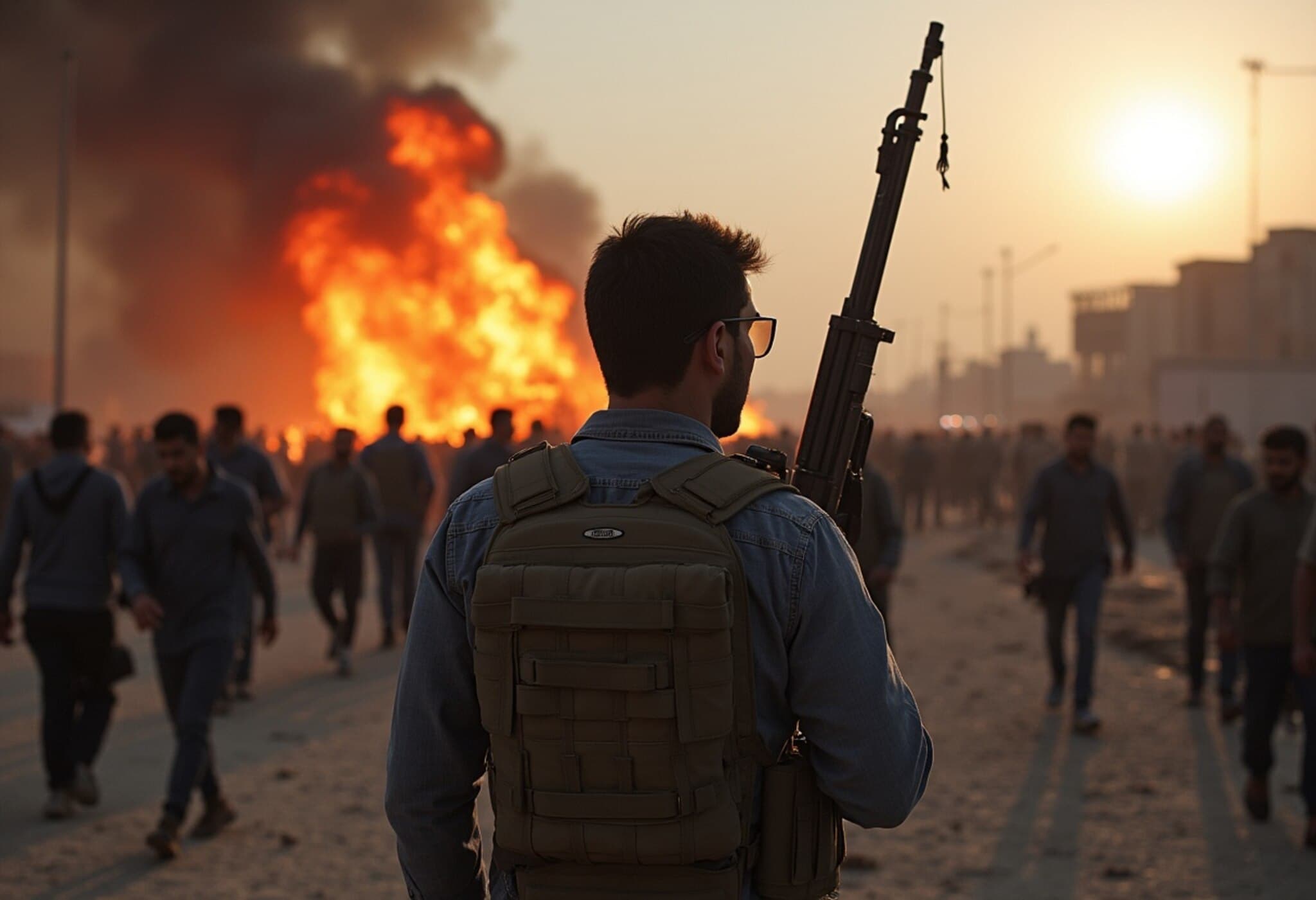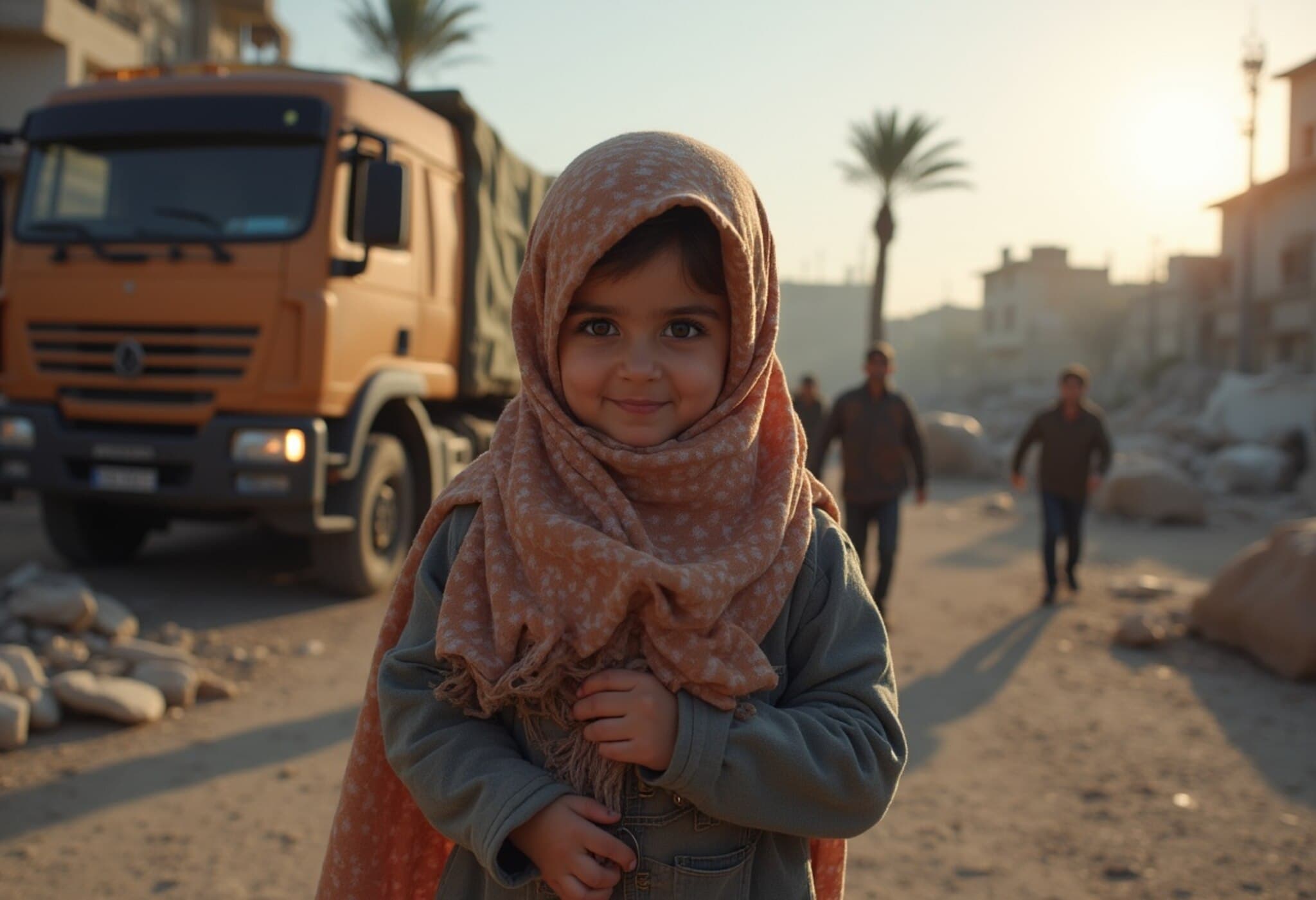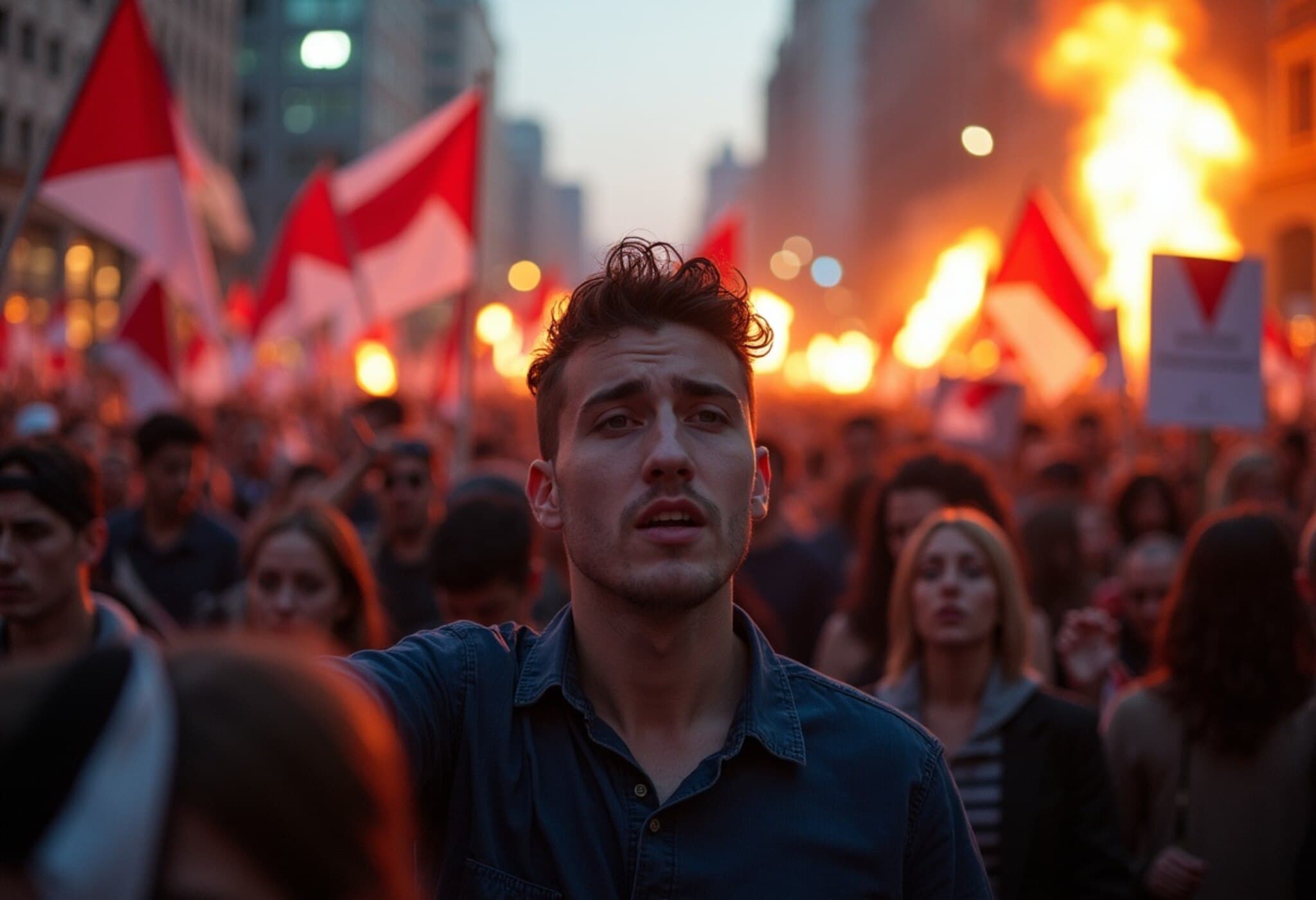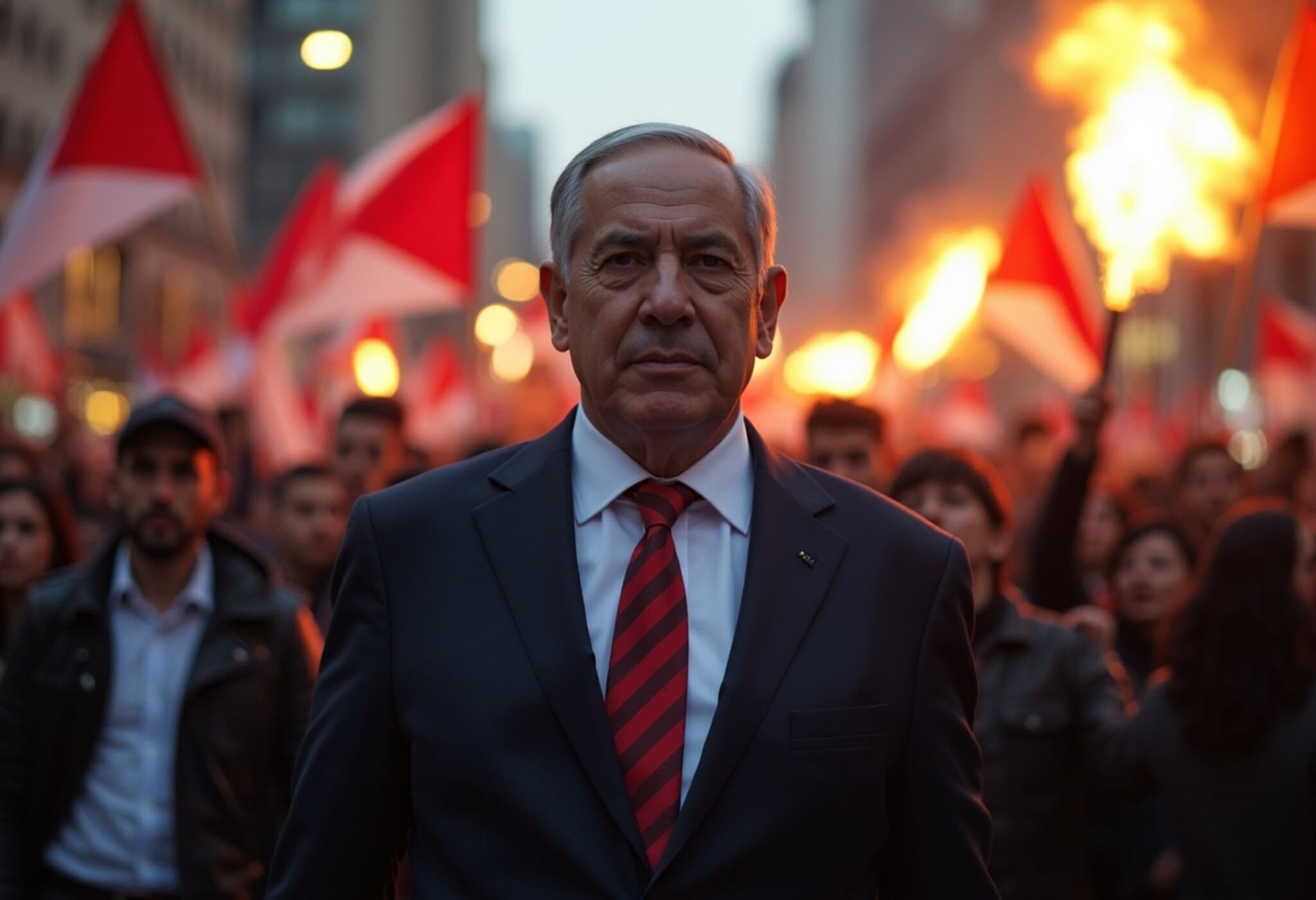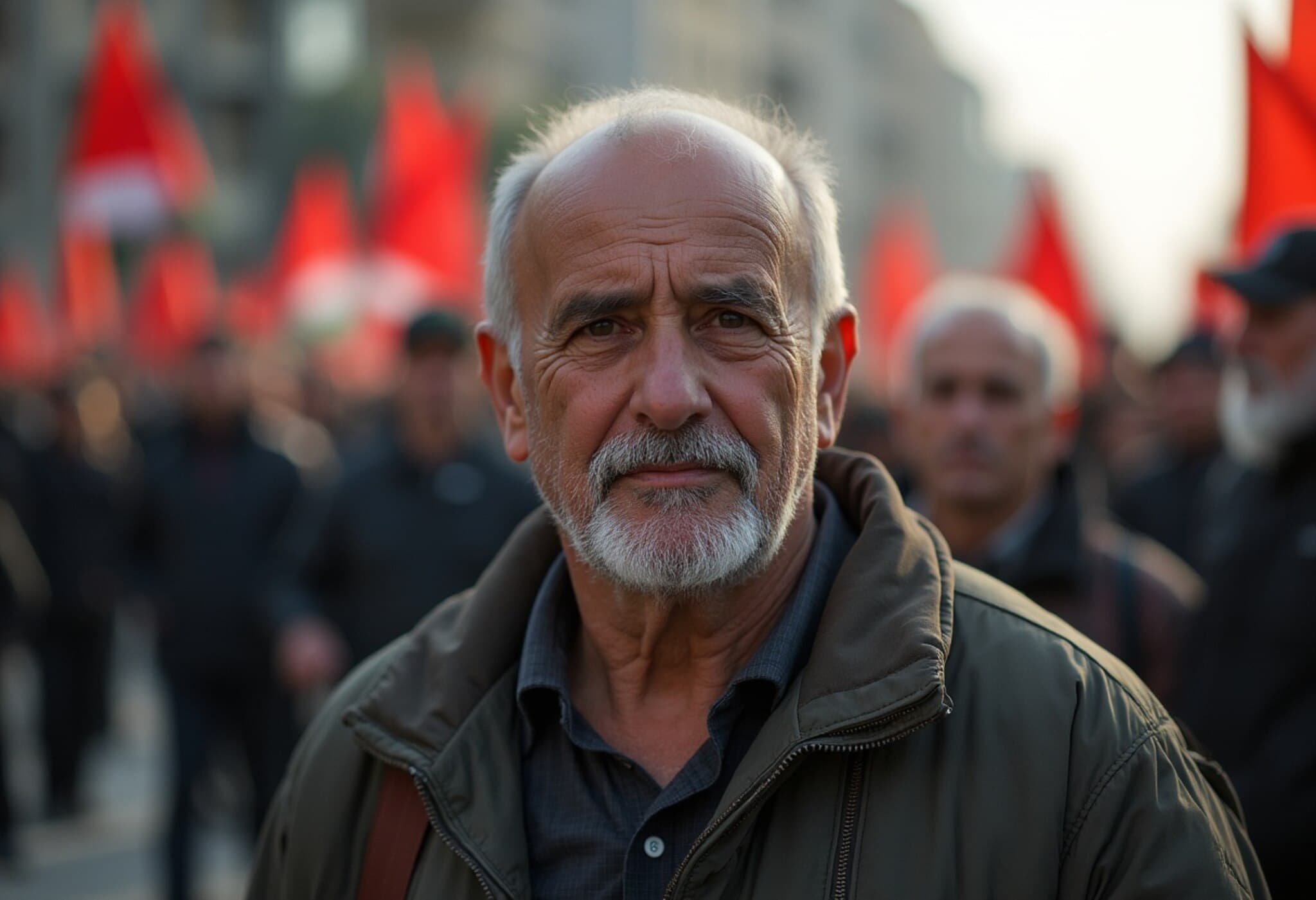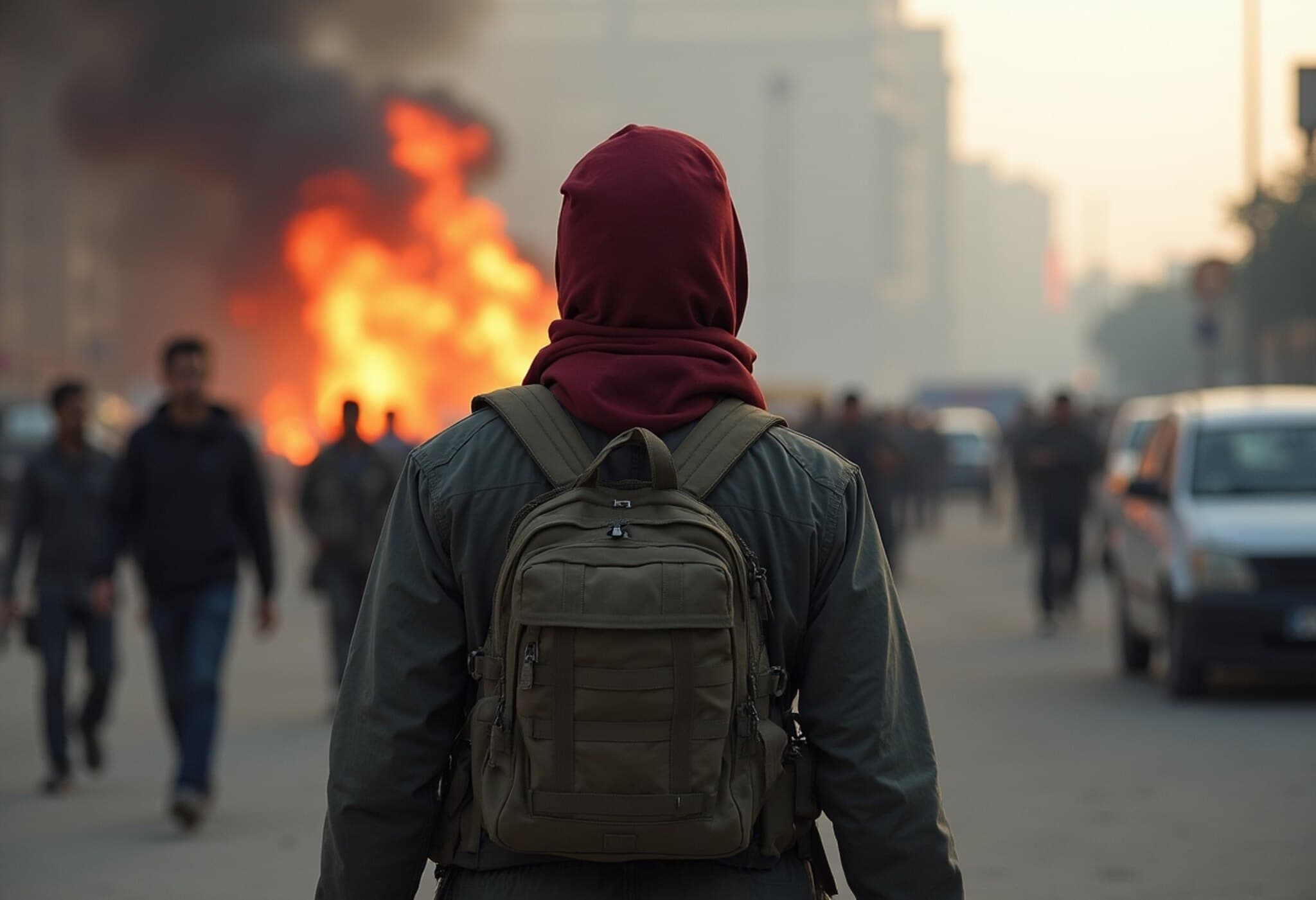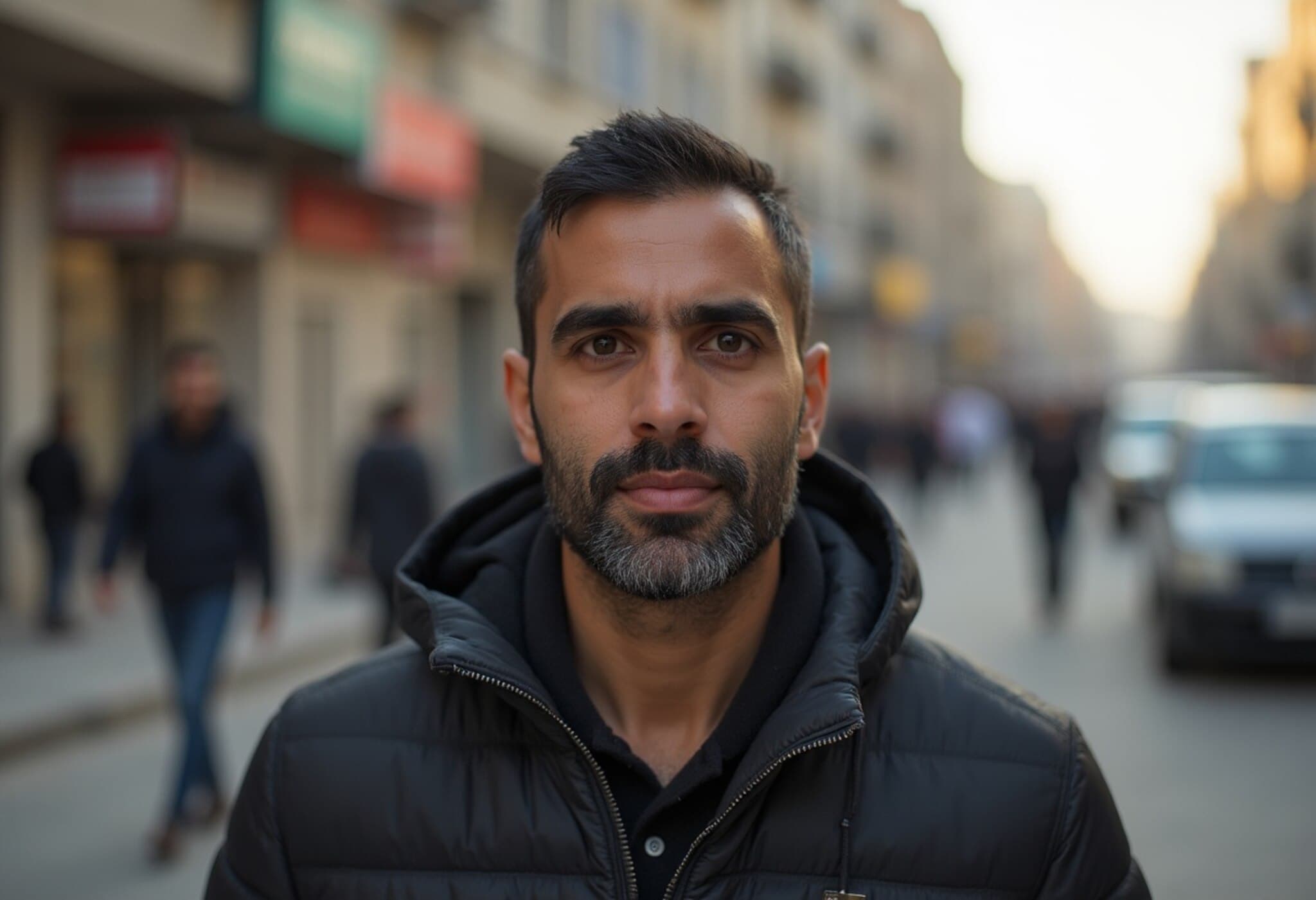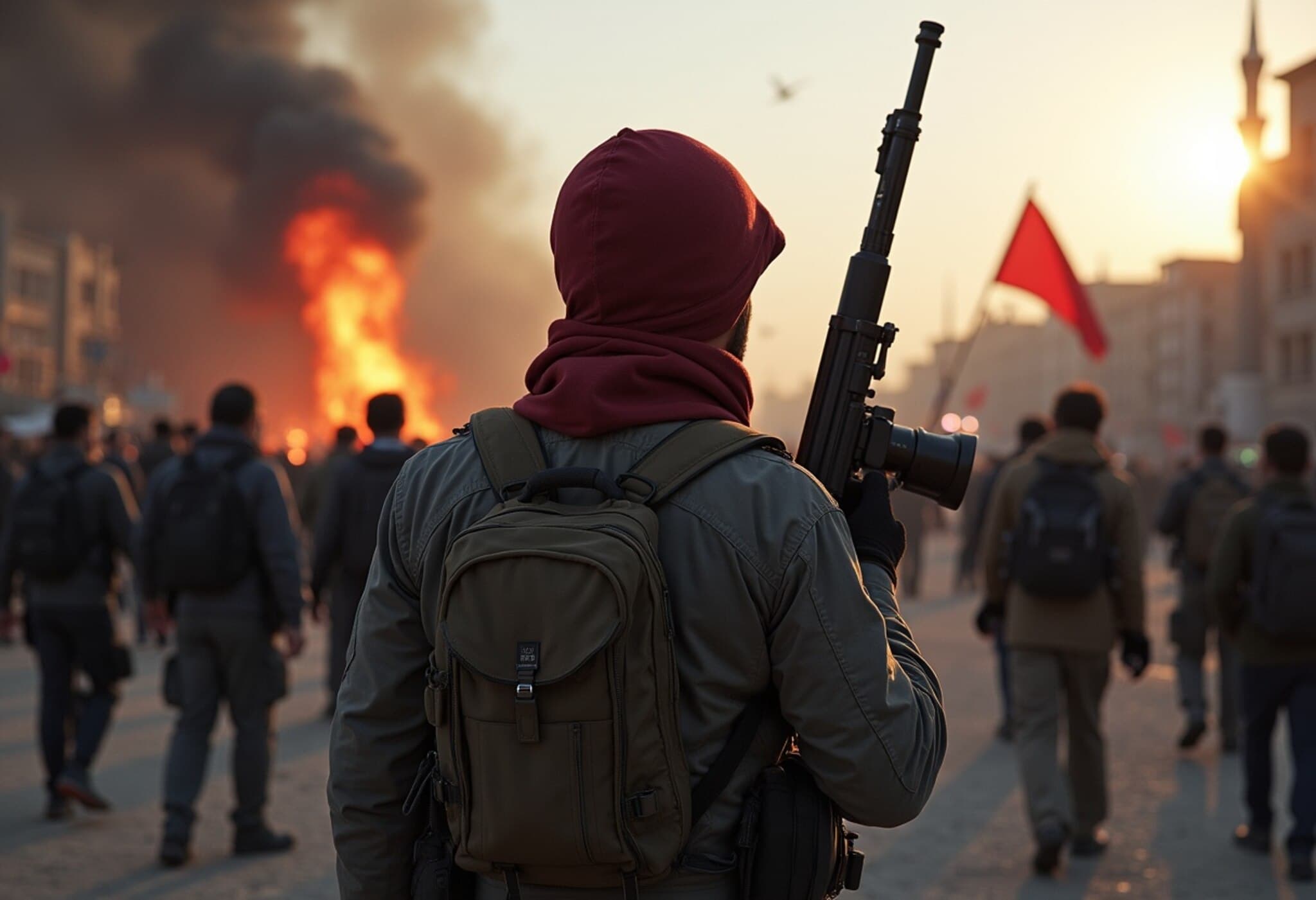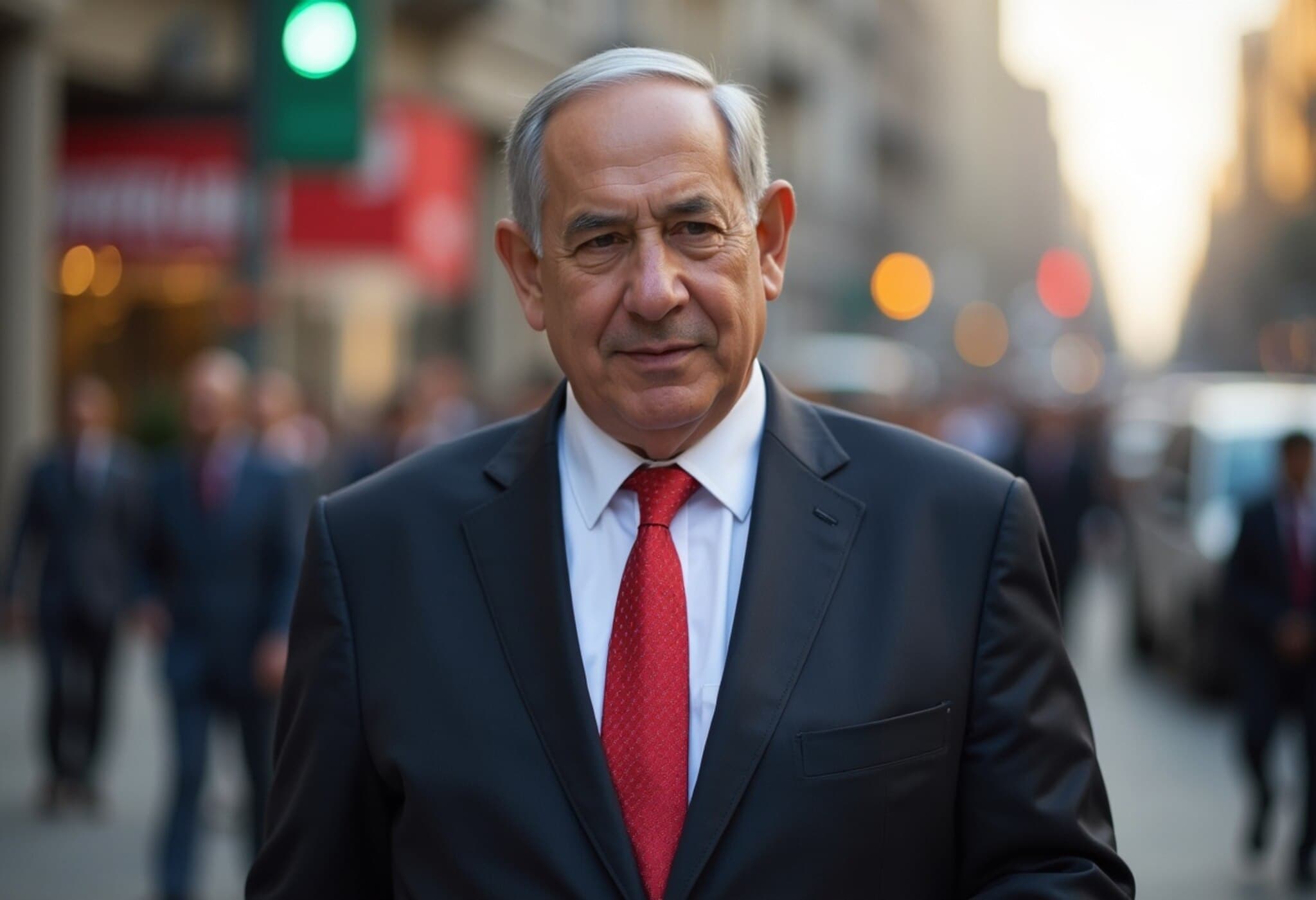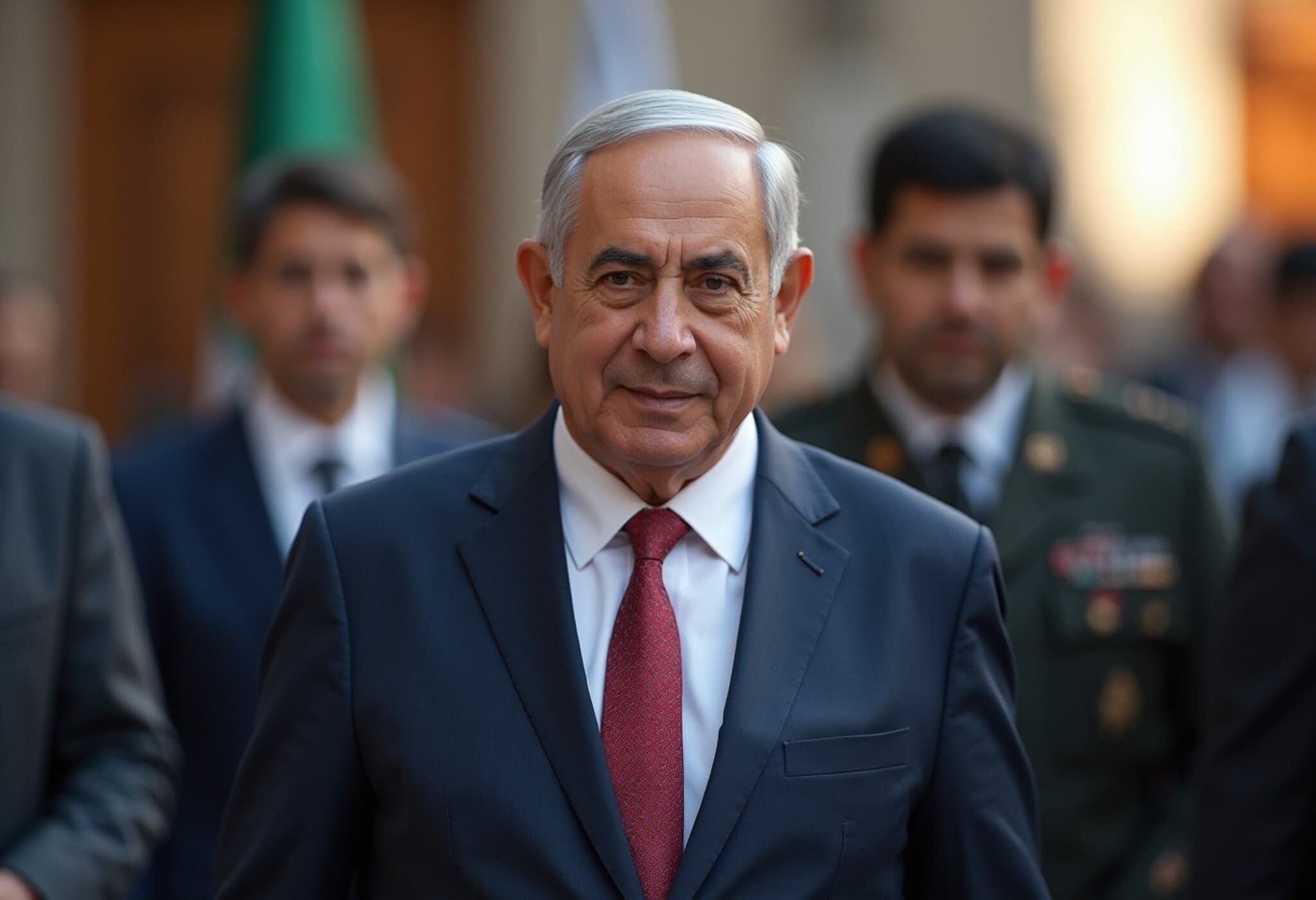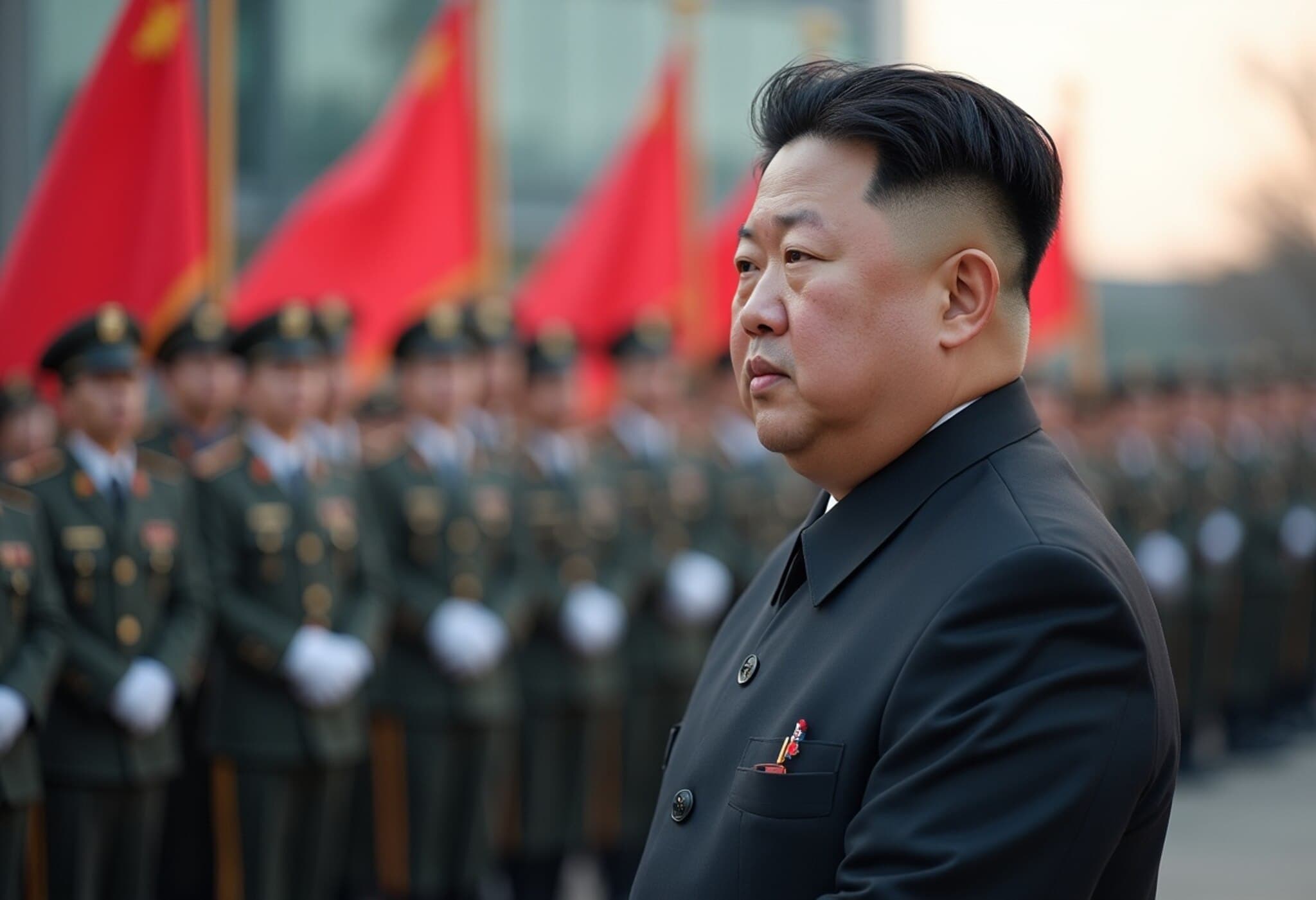Al Jazeera Journalist Anas al-Sharif Killed in Gaza Airstrike
In a tragic escalation of the ongoing conflict in Gaza, renowned Al Jazeera journalist Anas al-Sharif was killed in an Israeli airstrike alongside four colleagues near Shifa Hospital in Gaza City on Sunday. The death of al-Sharif, 28, sent shockwaves through the international press community and raised serious questions about the risks journalists face reporting from war zones.
Israeli Military Allegations and Al Jazeera's Response
Israel’s military claimed that al-Sharif was more than a journalist, labeling him a Hamas cell leader involved in orchestrating attacks on Israeli civilians and troops. The Israeli Defense Forces (IDF) cited intelligence and documents reportedly recovered at the site as justification for the strike.
However, Al Jazeera strongly refuted these allegations, denouncing the claims as unfounded and condemning the strike as an attempt to silence critical voices amid mounting tensions in Gaza. The broadcaster described al-Sharif as “one of Gaza’s bravest journalists,” emphasizing his role in conveying the dire realities on the ground to the global community.
Counterclaims and Concerns Over Press Freedom
- Palestinian authorities and Hamas warned that this killing could signal a broader Israeli offensive.
- The Committee to Protect Journalists (CPJ) criticized Israel for not providing credible evidence backing their allegations, highlighting a worrying trend of labelling journalists as militants.
- United Nations Special Rapporteur Irene Khan expressed skepticism about Israel's narrative given the lack of substantiated proof.
The Human Cost: Journalists and Civilians Under Fire
Alongside al-Sharif, other Al Jazeera staff members, including correspondent Mohammed Qreiqeh and camera operators Ibrahim Zaher, Mohammed Noufal, and Moamen Aliwa, lost their lives in the strike. Palestinian journalist groups mourned these losses as attempts to intimidate media personnel operating in the conflict zone.
Since the outbreak of conflict on October 7, 2023, the Gaza government’s media office reported at least 237 journalists killed, underscoring the perilous environment for those committed to frontline reporting.
Al-Sharif, who commanded a significant following on social media, had posted on X about relentless Israeli bombardments minutes before his death, highlighting his dedication to witness and record the unfolding crisis.
A Voice Silenced, A Story Unfinished
In a poignant posthumous message preserved for eventual release, al-Sharif reflected on the deep personal toll of his work, stating he had "lived the pain in all its details" and endured repeated moments of grief, yet never hesitated to tell the truth without distortion. His words resonate as a powerful reminder of journalistic courage amid conflict.
Broader Context: The Gaza Conflict and Humanitarian Crisis
The airstrike and the broader military operations occur against a backdrop of escalating violence between Israel and Hamas. Israeli Prime Minister Benjamin Netanyahu reaffirmed his commitment to a swift completion of a new offensive to defeat Hamas and secure the release of hostages taken in 2023.
Meanwhile, humanitarian concerns intensify. European nations representing Denmark, France, Greece, Slovenia, and the United Kingdom at the UN Security Council voiced alarm over a creeping famine in Gaza, warning that expanding military action would exacerbate civilian suffering.
- International aid agencies document widespread malnutrition, with recent deaths from starvation reaching 217, including 100 children.
- The controversy over aid delivery methods, including airdrops, persists amid accusations and counter-accusations between Israel and Hamas.
- US officials reaffirmed support for Israel’s security objectives while pledging humanitarian relief efforts.
The conflict, now over eight months old, has claimed tens of thousands of lives and devastated Gaza’s infrastructure, perpetuating a cycle of despair for millions.
Expert Commentary and Policy Perspectives
The targeting of journalists raises profound legal and ethical questions. Under international humanitarian law, press personnel are considered civilians and are afforded protections to ensure free and safe reporting during conflicts. The allegations made without transparent evidence risk undermining these protections, chilling media coverage and limiting civilian access to accurate information.
From a policy perspective, this incident stresses the need for:
- Stronger international mechanisms to investigate attacks on journalists and hold violators accountable.
- Enhanced diplomatic efforts to secure unhindered humanitarian aid entry into Gaza.
- Greater media safety protocols, including support for journalists covering high-risk zones.
The death of Anas al-Sharif is not just a loss to journalism but a stark reminder of the human toll borne by those committed to untangling complex conflicts for the world to see.
Editor’s Note
As the Gaza conflict continues to claim lives and disrupt lives, the killing of Anas al-Sharif brings into sharp focus the dangers journalists face in conflict zones and the vital role they play in upholding transparency and truth. This case should prompt robust international inquiry and reinforce commitments to press freedom and humanitarian law. Readers are invited to consider the blurred lines in modern warfare where the fog of war complicates truth, justice, and accountability.


